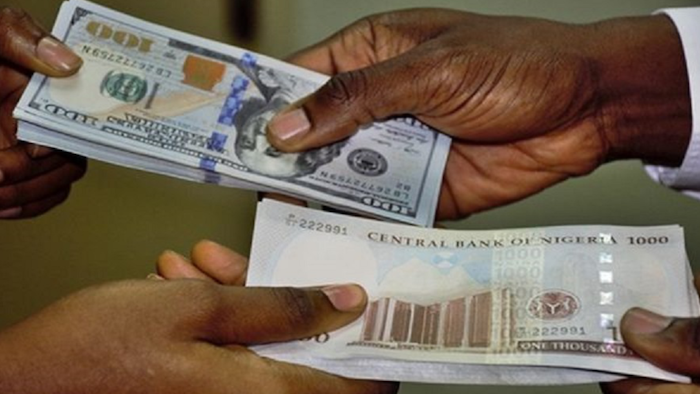The Central Bank of Nigeria (CBN) has made an announcement regarding the consolidation of all segments of the foreign exchange (FX) market in the country. In a circular issued on Wednesday, the CBN stated that all existing FX windows will now be merged into the investors and exporters (I&E) window. This decision is part of a series of immediate changes implemented by the CBN in the Nigerian FX market.
The circular, signed by Angela Sere-Ejembi, Director of the CBN Financial Markets Department, outlined the key modifications. Firstly, the segmentation of the FX market has been abolished, with all segments now unified under the I&E window. However, applications for purposes such as medical expenses, school fees, business travel allowances/personal travel allowances (BTA/PTA), and transactions related to small and medium-sized enterprises (SMEs) will continue to be processed through deposit money banks.
Additionally, the “Willing Buyer, Willing Seller” model has been reintroduced at the I&E window, following the guidelines established in a previous circular dated April 21, 2017. Eligible transactions are permitted to access foreign exchange through this window. The operational rate for all government-related transactions will be based on the weighted average rate of the previous day’s executed transactions at the I&E window, rounded to two decimal places.
Furthermore, the CBN has proscribed trading limits on oversold FX positions, allowing the hedging of short positions with over-the-counter (OTC) futures. However, there will be zero limits on overbought positions. The reintroduction of order-based two-way quotes with a bid-ask spread of N1 has also been implemented. All transactions will be cleared by a Central Counter Party (CCP), and the Order Book has been reintroduced to ensure transparency and seamless execution of trades.
The operational hours for trades in the FX market will be from 9 am to 4 pm, Nigeria time. The CBN indicated that further guidance on the operational changes will be communicated to authorized dealers and the general public in due course.
These operational changes signify a loosening of control over Nigeria’s currency, the naira, allowing it to freely float. A free-floating exchange rate is determined solely by market forces without central bank intervention in influencing the external value of the currency.
